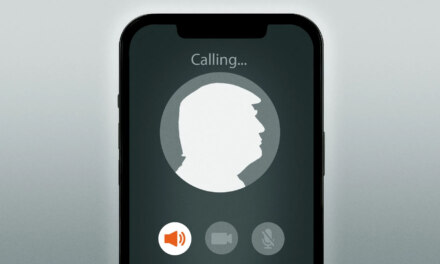An update on an important milestone in the ongoing opioid litigation stemming from the prescription painkiller epidemic:
U.S. drug distributors prevail in $2.5 billion West Virginia opioid case
The decision, from U.S. District Judge David Faber, involved a lawsuit brought by the city of Huntington and Cabell County, in West Virginia. They sought to show that the three largest U.S. drug distributors bore responsibility for the dramatic upsurge in opioid prescriptions in their communities.
Things didn’t work out that way, however. “… in a long-awaited, 184-page ruling,” the article reports, “[Judge] Faber said the volume of prescription painkillers shipped to those communities was due to doctors’ good faith prescribing decisions and that the companies did not cause any oversupply of opioids.”
The companies had offered a familiar defense: since the drugs were prescribed by licensed physicians, they were therefore obligated to fill them. It didn’t matter if the amounts specified were way out of proportion to usual practice. They filled them anyway.
Translation: Ours is not to reason why. Only to follow the physician’s directions, as written. No matter how ridiculous it might seem to the pharmacist.
It’s surprising in view of the fact that the three defendants had recently signed on to a national joint settlement with a host of other plaintiffs. Amount involved: $26 billion.
Weren’t the two West Virginia plaintiffs part of that?
Turns out they weren’t. They’d made the strategic decision to go it alone. Their hope was for a much larger award. I guess now they had nothing to show for it.
Sad because those communities, and the state of West Virginia as a whole, have suffered more than most from the opioid epidemic. I’m sure they really do need the funds to deal with the burden of so many opioid patients.
Such outcomes can be unpredictable. For instance, while New York, Ohio, and Oklahoma juries all found in favor of the plaintiffs, Oklahoma’s Supreme Court, on appeal, voted five to one (minus three Justices recused or disqualified) to overturn the verdict.
The explanation the provided: “The district court erred in extending the public nuisance statute to the manufacturing, marketing, and selling of prescription opioids…”
The defendants were, as you can imagine, extremely happy with the result. Johnson & Johnson was among them. J&J issued this statement to a local TV station:
We recognize the opioid crisis is a tremendously complex public health issue, and we have deep sympathy for everyone affected. The Company’s actions relating to the marketing and promotion of these important prescription pain medications were appropriate and responsible. Today the Oklahoma State Supreme Court appropriately and categorically rejected the misguided and unprecedented expansion of the public nuisance law as a means to regulate the manufacture, marketing, and sale of products, including the Company’s prescription opioid medications.”
Well, at least they didn’t offer their thoughts and prayers.













